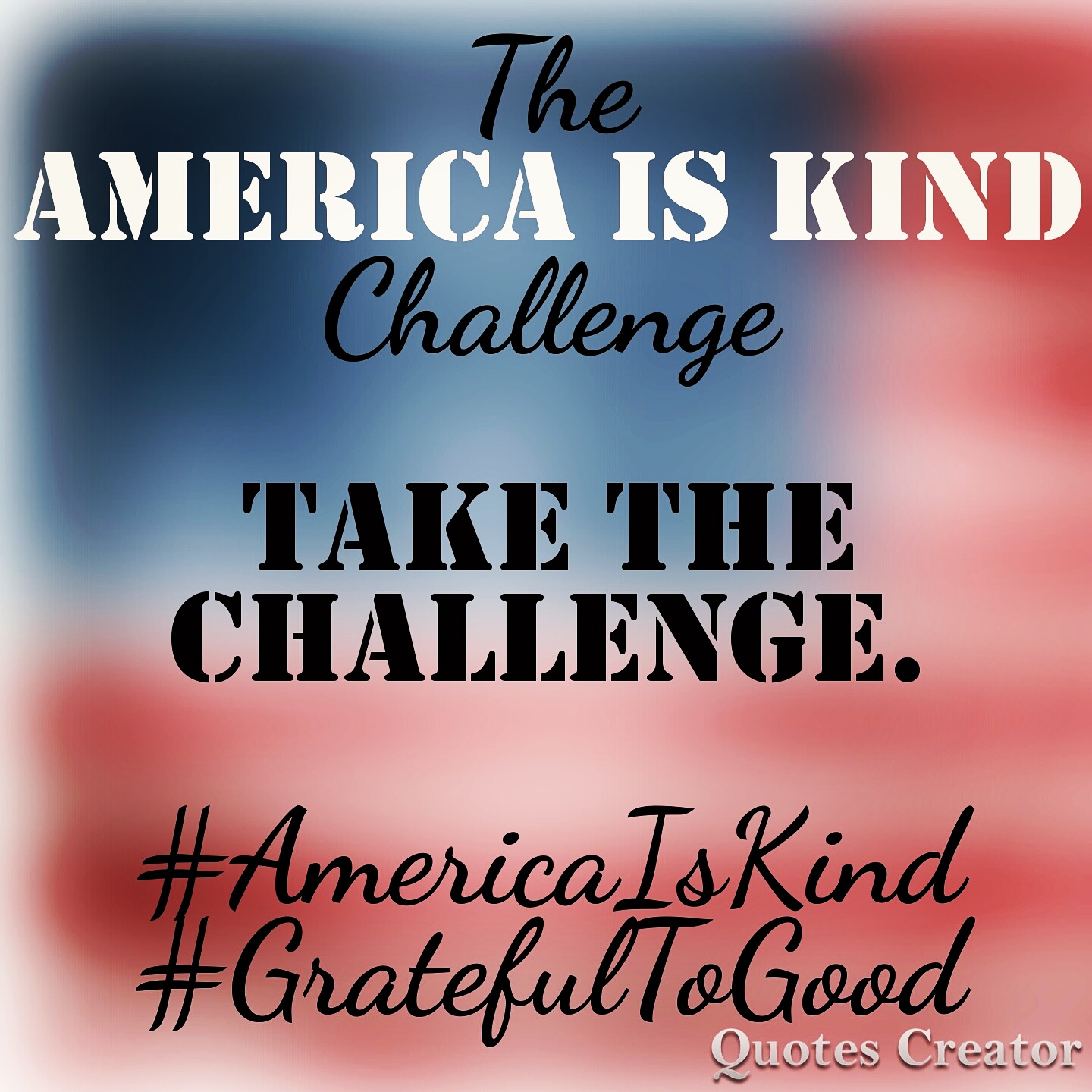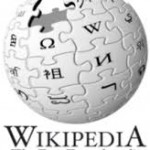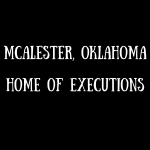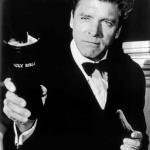“I don’t want to be just one thing. I can’t be.” -Four (Theo James) in Divergent
Since I value polite conversation in social situations, I try to avoid talking religion when at, say, a cocktail party with the senior partners of my husband’s firm.
Unfortunately, avoiding religion is an impossible task since I wrote a book titled Post-Traumatic Church Syndrome about experiencing thirty religions before my thirtieth birthday.Given my profession, even the most polite (distinguished) (intimidating) partner feels free to pose usually taboo questions.
“So, what religion are you?” he asks between sips of red wine…as if this is an easy question, the 2+2=4 of small talk.
As If.
This is usually when I attempt to flee the scene. (I wish.) In reality, this question is when I start sweating and launch into a complicated explanation that starts with some version of: I’m a Christian AND or BUT, and ends with me purposefully spilling a drink to escape the conversational mess.
I’ve tried everything I can think of to get around the conjunctions and modifiers that surround my association with Christianity. I’ve added an –ish to form Christianish, meaning Christian in heritage and loosely in practice. I’ve tried Christian-Plus-or-Minus, meaning I lost what didn’t work about Christianity and added things from other faiths that did. I’ve couched the word with Progressive, Liberal, Neo.
I even tried >Christian< with mathematical symbols, for Pete’s sake, and I detest math.
My Big Problem: there just isn’t a shorthand way to say, “My faith doesn’t fit into a box with a pre-printed label,” or to explain what took me a decade to figure out and 300+ pages to capture on paper.
The media has already tried and failed to give me the label of “None” or “Spiritual But Not Religious”. But I am neither.
None implies nothing, and my faith is Something. The only thing it lacks is easily-identifiable branding.
I’m spiritual AND religious: I appreciate, practice, and study many faith traditions—especially Christianity. I recognize the deep-and-wide value of well-travelled spiritual paths. I love the symbolism and the mystery and the beauty and history of religious ceremony. (And every once in a while I even like to sing 90s Evangelical worship music in the shower. Please don’t tell anyone.)
So. I’d given up my dream of having a word to explain that my Christianity is bigger, more inclusive and expansive than the word Christian. I’d surrendered to the idea of a lifetime of nerve-wracking small talk. I was even working on a plan to just photocopy my answer and hand it out like candy— because, you know, that wouldn’t be weird at all, and then we could just move the conversation on to safer things, like the weather.
I’d given up until I watched the movie Divergent.
Now, I know I’m late to the Divergent party, since everyone in America has apparently read the book/seen the movie, but in case you’re also one of the small percentage who was waiting for it to come out on DVD today:
In Divergent’s dystopian society, all people are divided into factions. At sixteen, everyone must choose a faction for life, lest they end up “factionless” which would be bad, very bad. The kids are supposed to choose their faction based on aptitude testing, but our beloved heroine, Tris, discovers in testing that she is Divergent—which means she is a mix of several of the factions and therefore will never be able to fit into one. Tris is warned to keep her this discovery a secret; divergence makes her a dangerous threat to leadership because she cannot be controlled.
Well. This Divergent thing sounded an awful lot like my life.
I pressed pause to look up definitions of divergent, which go something like this: 1)Moving away from what is expected 2) Differing or deviating from the norm 3) An infinite sequence without a limit 4) An infinite series whose partial sums do not have a limit.
Whoa.
My spirituality and religious practice incorporates a lot of things that don’t appear to go together. My whole inter-and-outerfaith shtick makes people nervous. I don’t fit neatly in a religious faction. In a sense, I am factionless presicely because my faith is divergent. Because I my faith diverges.
In the past few months, I’ve discovered there is a huge group of the spiritual AND religious factionless out there. We want to have our faith and love it, too. We want to color outside the lines, engage in freedom of thought and action. We want to make a difference. And a lot of us, including me, love Jesus.
We are the Divergent.
Then I realized that I had been attacking my cocktail-party word problem from the wrong direction: I was still trying to fit myself around “Christian,” a term with a lay-meaning has become too small. So I decided to come at it from the opposite direction, literally.
I took the word “divergent” and added the “–ian” from “Christian” and came up with: Divergentian.
Divergentian is a term I can get behind. It feels comfortable, wide-open, perfectly balanced between my spirituality and religion. It feels like change, like infinite beams of sunlight through a prism. It feels like freedom.
(And it might even feel okay to say at cocktail parties. I’ll get back to you on how that goes.)
Reba Riley is the author of Post-Traumatic Church Syndrome: A Memoir of Humor and Healing in 30 Religions. (Coming soon from Chalice Press.) She blogs about spiritual health and healing at Post-Traumatic Church Syndrome on Patheos.com . Connect with Reba at www.facebook.com/RebaRileyAuthor or www.RebaRiley.com.
















